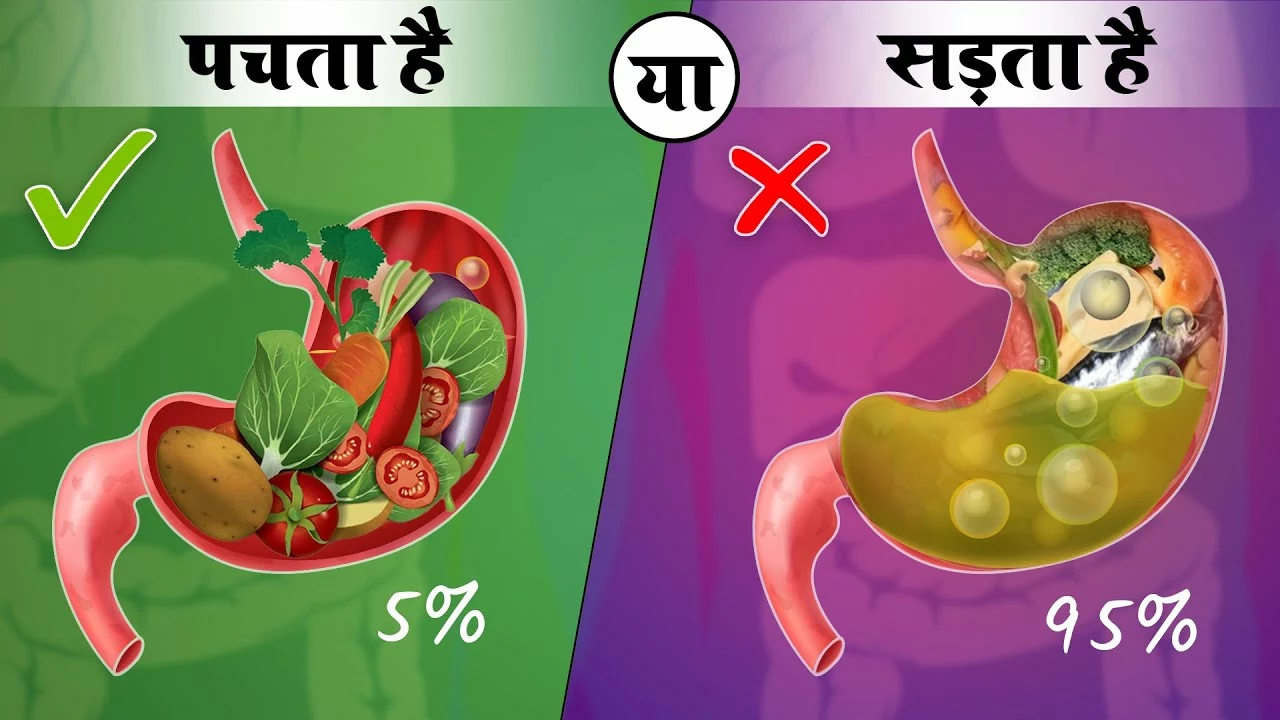Improve Your Digestive System: Simple Steps That Work
Tired of bloating, slow digestion, or irregular bowel movements? Small changes to food, timing, and habits often make the biggest difference. Below are practical steps you can start using today to improve your digestive system without fads or gimmicks.
Food and habits that help
Eat more fiber—but do it slowly. Aim for a mix of soluble fiber (oats, apples, beans) and insoluble fiber (whole grains, nuts, veggies). If you normally get little fiber, add 1 serving a day for a week, then another. Sudden jumps can cause gas.
Drink water regularly. Water helps fiber move through your gut and prevents constipation. Try a glass with each meal and sip throughout the day. If you exercise, add extra fluids.
Include fermented foods for natural probiotics: plain yogurt, kefir, sauerkraut, kimchi, or miso. Start with small portions to see how your body reacts. If dairy bothers you, choose dairy-free options like kombucha or fermented vegetables.
Eat regular meals and chew well. Your stomach does less work when food is broken down in your mouth. Chew slowly, and try to eat at similar times each day—this trains your digestive rhythm.
Cut down on processed foods, excess sugar, and fried items. These often slow digestion or feed the wrong gut bacteria. Swap one processed snack a day for a fruit, handful of nuts, or carrot sticks.
Quick fixes and when to see a doctor
Move your body. A 20–30 minute walk after a meal speeds up digestion and reduces bloating. Gentle yoga poses like child’s pose or twists can also help relieve trapped gas.
If you have constipation, try a daily tablespoon of ground flaxseed or a psyllium husk supplement with plenty of water. For frequent heartburn, reduce spicy or fatty meals and avoid lying down for two hours after eating.
Manage stress. High stress changes gut function and can cause pain, bloating, or diarrhea. Simple breathing exercises, short walks, or a 5-minute break to stretch can lower stress and ease digestion.
Watch meds and timing: some antibiotics, NSAIDs, and certain supplements affect digestion. If you suspect a medicine is the issue, talk with your prescriber before stopping it.
See a doctor if you have severe pain, unexplained weight loss, blood in stool, or persistent vomiting. Those signs need prompt checks—don’t wait.
Try one change at a time and give it 2–3 weeks. Track what you eat and how you feel—small wins add up. Better digestion is usually about steady habits, not quick fixes.

How to Improve Your Digestive System for Better Absorption of Nutrients
Haig Sandavol May 19 10In my latest blog post, I discuss the importance of maintaining a healthy digestive system for better absorption of nutrients. I share some valuable tips, such as incorporating fiber-rich foods, staying hydrated, and practicing mindful eating. Additionally, I emphasize the benefits of regular exercise and stress management in maintaining optimal digestion. Give it a read to learn more about enhancing your overall health by improving your digestive system. Don't miss out on these essential tips to maximize nutrient absorption and feel your best!
More Detail